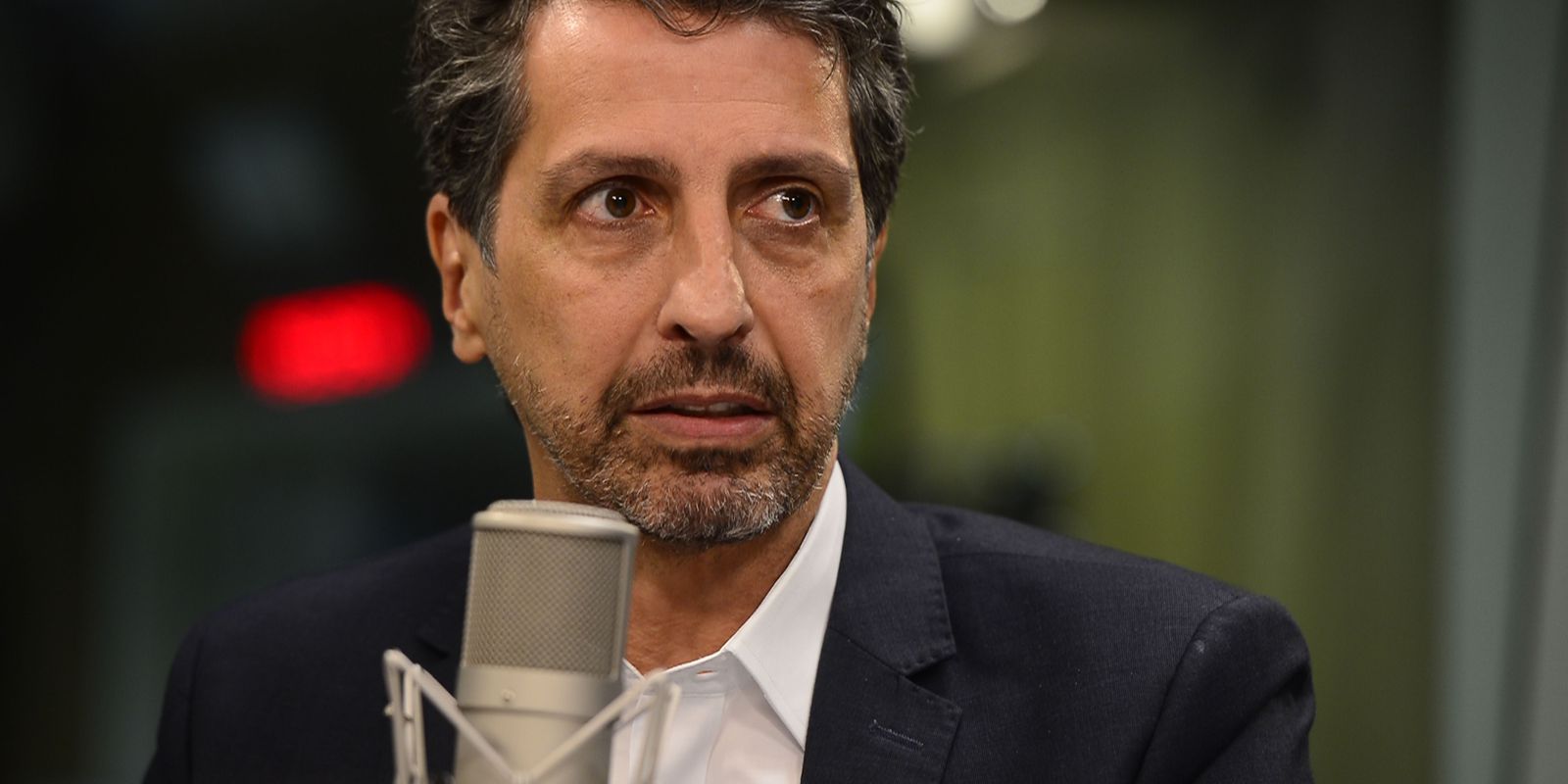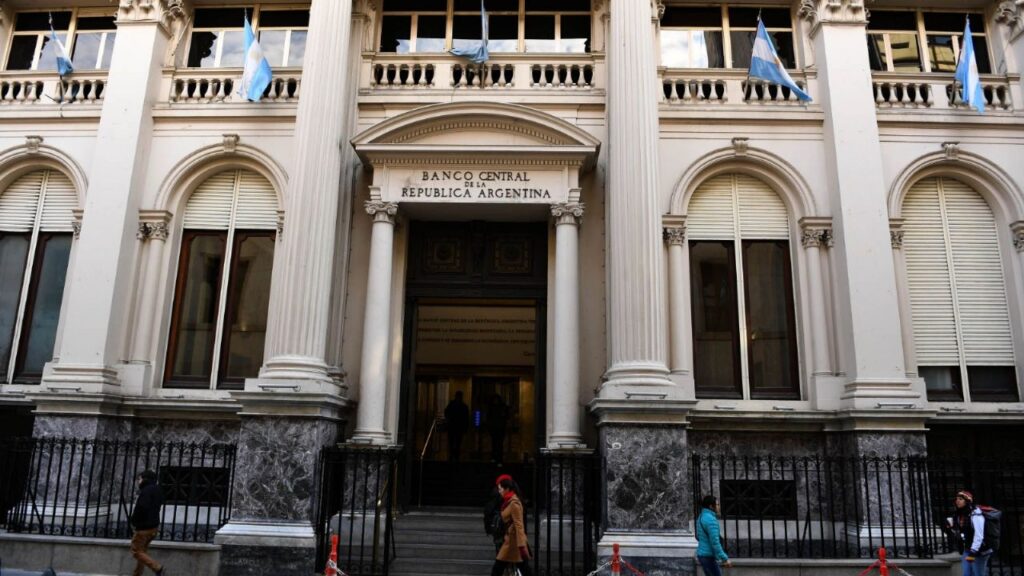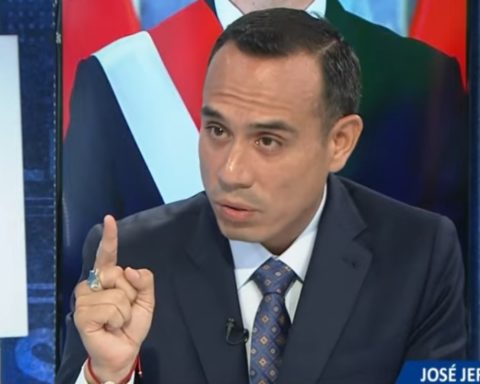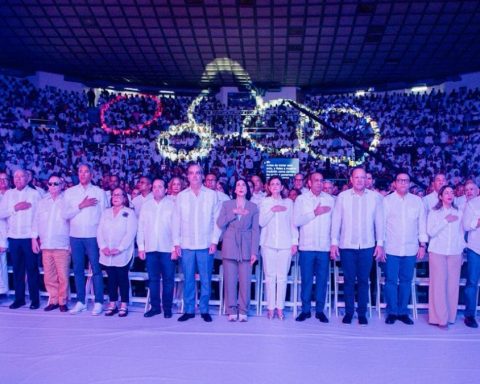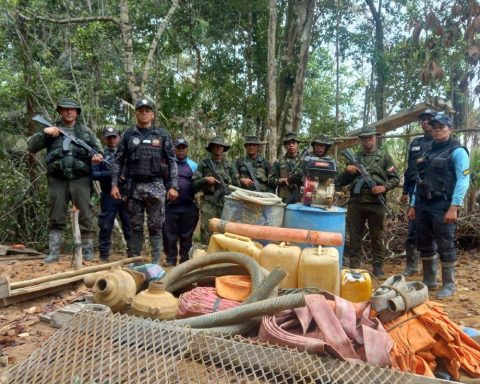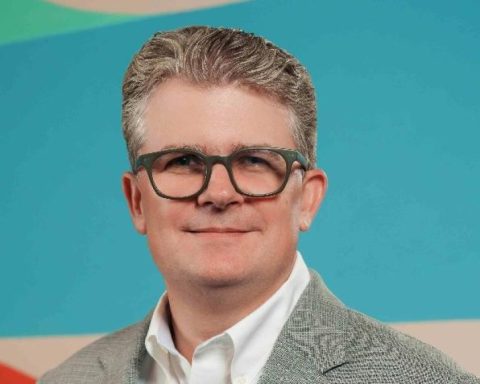The government should launch, within 30 days, the Zero Methane Program, which will stimulate the transformation of greenhouse gas into biofuel, with financial assistance from public banks. The information was given by the Minister of the Environment, Joaquim Leite, in an interview this morning (9) to National Radio. The interview was also broadcast live on TV Brazil.
“The federal government regulated the National Solid Waste Policy in January. And now we are preparing the methane program. Brazil has the potential to generate biomethane from urban waste [aterros sanitários] and rural areas, especially poultry, swine, sugar and alcohol”, he said, in the program national reporter.
According to the minister, biofuel can replace diesel used in heavy agricultural production machines. “We have a rural pre-salt layer, with a volume of biomethane generation in rural properties and in sanitary landfills”, he pointed out.
In November 2021, Brazil joined the global commitment to reduce methane emissions, during COP26, in Glasgow, Scotland. The agreement provides for the voluntary reduction of 30% of emissions in the world.
carbon market
Leite also stated that the government and the National Congress will create the legal framework and organize the carbon market in Brazil, with the export of credits. In the regulated carbon credit market, Brazil will be able to reduce gas emissions, with certification, and export the credit to countries that have not reached the target.
“Brazil should be the country that will benefit the most from this market due to several characteristics: the cost of emission reduction is much lower than in other countries; we are going to create rules to guarantee the quality of Brazilian carbon, to be recognized globally and the most important characteristic is that we have several sources”, he said. He cited renewable energy sources and the protection and recovery of native forests, as an example.
At COP26, Leite announced a new goal to reduce greenhouse gas emissions. “Today we present a new climate target, more ambitious, rising from 43% to 50% by 2030; and carbon neutrality by 2050, which will be formalized during COP26,” he said at the time.
